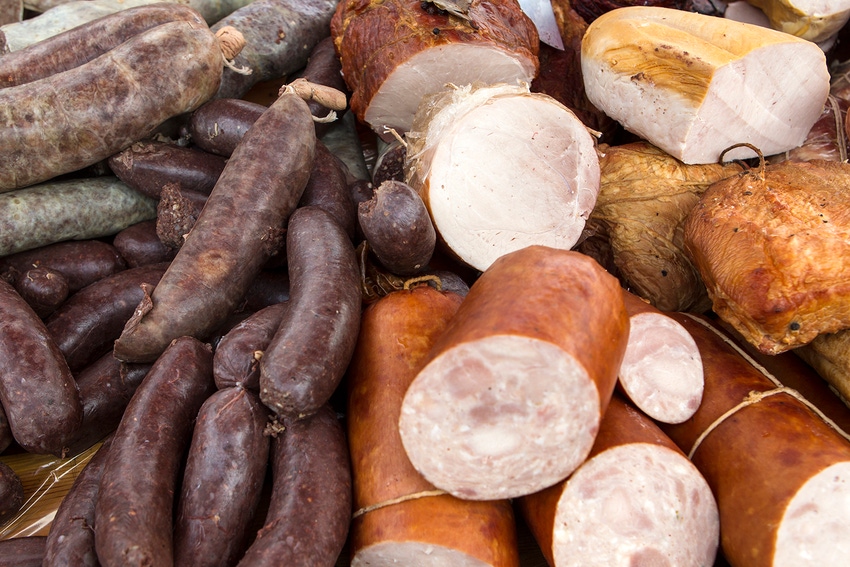Beagles, Customs taking care of business; Ethnic markets next on radar
The bigger risk is if feral pigs get into this discarded illegal meat from ethnic markets.

Hardy is practically a household name after intercepting a roasted pig head in luggage at Atlanta’s Hartsfield-Jackson International airport last month. The USDA-trained detector dog and member of the “Beagle Brigade” drew attention to several biosecurity efforts that are being undertaken nationally to keep African swine fever from entering the country.
But it did bring up the question, what happens to all that international garbage left on the plane?
According to the American Association of Swine Veterinarians, the National Pork Board, the National Pork Producers Council and the Swine Health Information Center, the USDA Animal Health and Plant Inspection Service has had controls in place for decades on international garbage, including food waste from ships, airlines and international conveyances. These controls require all international garbage to be disposed of appropriately and under APHIS supervision. Internationally transported garbage must be moved under seal to approved incineration facilities.
Dave Pyburn, vice president of science and technology for the NPB, says that’s affirmative news for the U.S. swine industry with rising ASF concerns.
“There’s not a chance for those garbage products to enter into our system and be fed to swine,” Pyburn says.
While the USDA has tightened up efforts at international airports and ports, they’re also beginning to increase inspection efforts at some places a little farther inland, places such as ethnic markets.
“The USDA has committed to increasing inspections at ethnic markets to look for those ‘brought from home’ comfort products that can sometimes end up there that may not have been legally brought into this country,” Pyburn says.
Liz Wagstrom, chief veterinarian for the NPPC, says there have been instances where meat products have been found in these types of markets that did not come through legal importation channels.
“If these products were purchased and consumed by some of the customers of these ethic markets who may also have backyard pigs or have pigs and choose to feed them the plate waste from their individual meals or discard any waste in the garbage, feral pigs could get into that,” Wagstrom says. “It’s not like illegal contaminated products come into the United States and then automatically cause a problem, but there are potentials for it to overcome those barriers of cooking, handling, being either fed or discarded.”
As Pyburn points out, most producers doing meat plate waste feeding have sources in place ahead of time, whether that be a gentleman’s agreement with a local school, grocery store, prison system or a number of restaurants to pick up product.
“It’s not something where they are out actually scavenging through garbage cans on the roadside or those type of situations where they are going to hunt for the meat products or their garbage products each day to feed their pigs,” Pyburn says. “They know where they can go to get a larger amount of these products to feed to their pigs and already have gentlemen’s agreements with these places ahead of time.”
The bigger risk is if feral pigs get into this discarded illegal meat from ethnic markets.
“If some of these folks, wherever they work or whatever they do, they may just cast aside the rest of that sandwich into the ditch, and if that is an area where there are feral pigs, that’s a bigger risk than somehow ending up in waste vending,” Pyburn says.
About the Author(s)
You May Also Like





